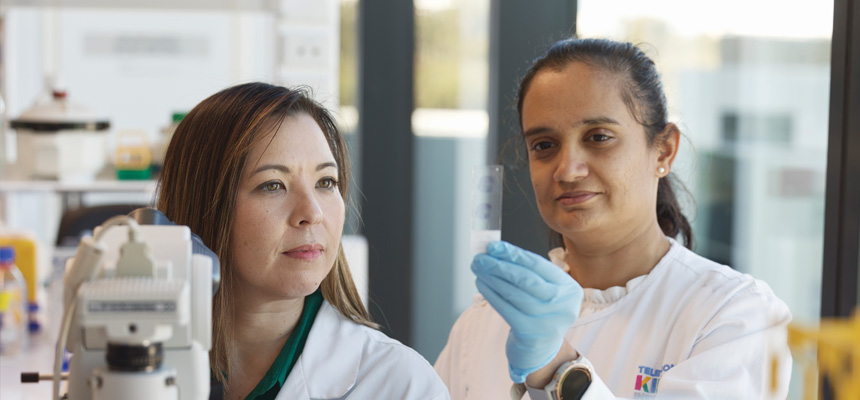Search
Investigation of this rare mixed lineage leukemia cytogenetic abnormality aims to provide further evidence of the genetic changes that underpin this leukemia.
The association between parental smoking and risk of childhood acute lymphoblastic leukemia (ALL) was investigated in an Australian population-based...
The epidemiological, prognostic, and therapeutic features of child and adolescent meningioma are poorly defined...
Participation in population-based case-control studies: does the observed decline vary by socio-economic status?
The cure rate for pediatric patients with B precursor acute lymphoblastic leukemia (pre-B ALL) is steadily improving, however relapses do occur despite...
Acute lymphoblastic leukemia (ALL) is the commonest childhood malignancy in Australian children
Leukaemia, also spelled leukemia, is a cancer that develops in the bone marrow and results in abnormal white blood cells. It is the most common cancer in children, accounting for almost a third of all childhood & teen cancers.

The WA Kids Cancer Centre has a suite of world-leading research projects to unlock new treatments for childhood cancers.
This study investigates the different patterns of relapse in patients with central nervous system mixed malignant germ cell tumors - treated with chemotherapy.
In this study, we report the case of an adolescent NMC patient presenting with severe facial pain, proptosis and visual impairment due to a mass arising from...
